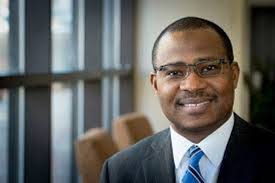By Asma’u Ahmad
The National Primary Health Care Development Agency (NPHCDA) says it will commence yellow fever preventive mass vaccination campaign towards eliminating the disease by 2026.
Executive Director, NPHCDA, Dr Faisal Shuaib, made this known to newsmen on Tuesday in Abuja. He said that the campaign will hold in Zamfara, Kogi, Kwara and Borno states. Shuaib explained that the campaign was aimed at reducing yellow fever transmission in line with the strategy for the elimination of Yellow Fever Epidemics by 2026.
He said based on the 2008 risk assessment, which identified 20 states and FCT as high risk states, the first phase of the campaign was completed in 2014. He said the second phase of the preventive mass vaccination campaign would be conducted in Kwara, Kogi and Zamfara states from January 25 to February 3
Shuaib said that campaigns would be conducted at fixed posts in the affected states and the target groups are nine months to 45 years.“It is particularly important to note that the last time Nigeria had outbreak of Yellow fever it took the country almost 10 years to control the scourge,’’ he said.
He explained that global shortage of yellow fever vaccine caused the delay on the prevention of the campaign, adding that the next campaign will be in the last quarter of 2018. “NPHCDA is working with partners to ensure that yellow fever outbreak was not prolonged. “The way to prevent the outbreak is to rapidly conduct reactionary vaccination around the areas where they cases are found,’’ he said.
The executive director therefore urged Nigerians to make themselves available for the vaccination, stressing that the vaccines prevent people from yellow fever disease.
Director, Disease Control and Immunisation at the NPHCDA, Dr Dorathy Nwodu, said the agency is targeting 9,000 people during the exercise. She said the vaccines were already in the states and social mobilisation activities had already commenced. Dr Nwodu added that the exercise was supported by GAVI Alliance for Vaccines, an international donor agency, UNICEF, WHO and AFENET Nigeria, among others.





